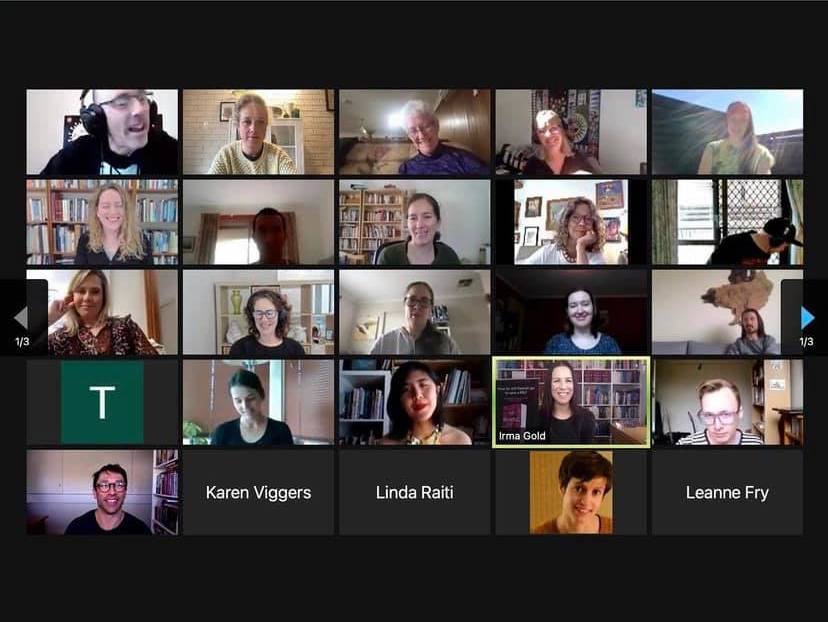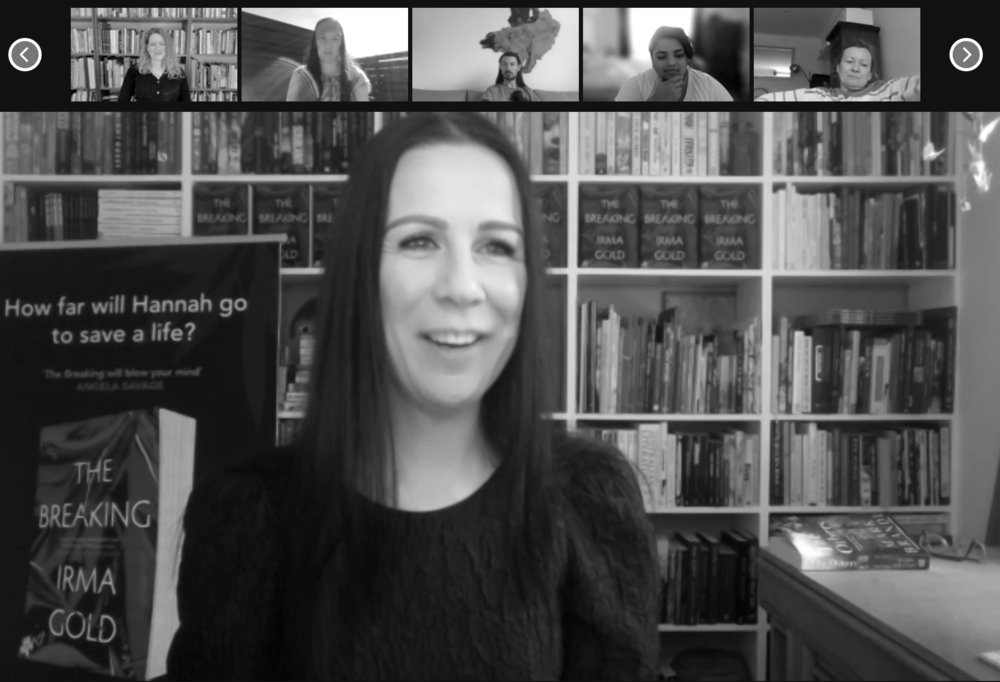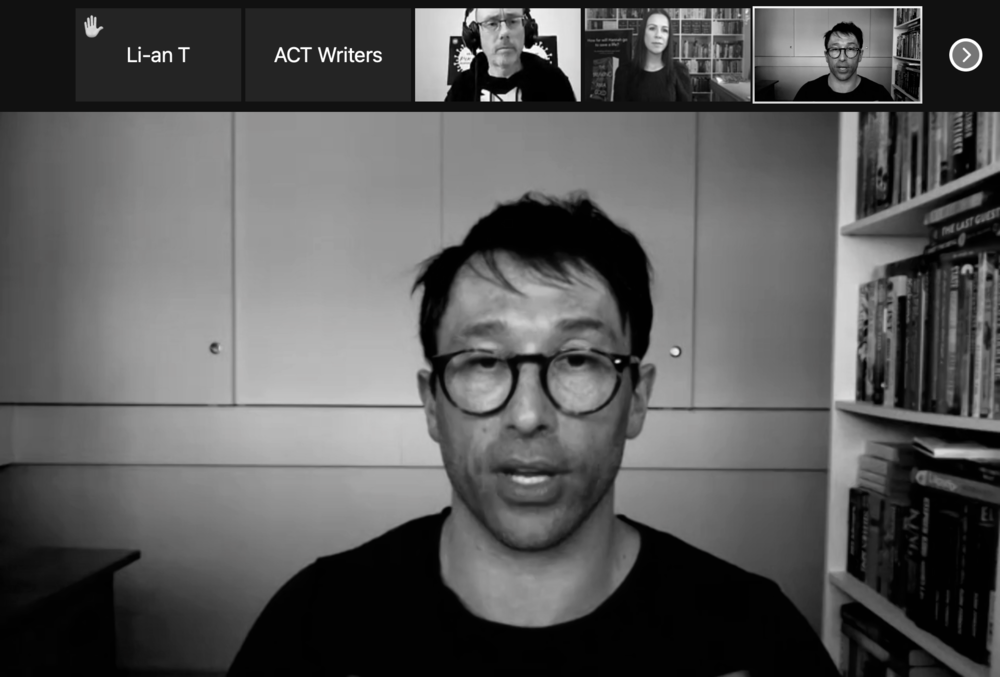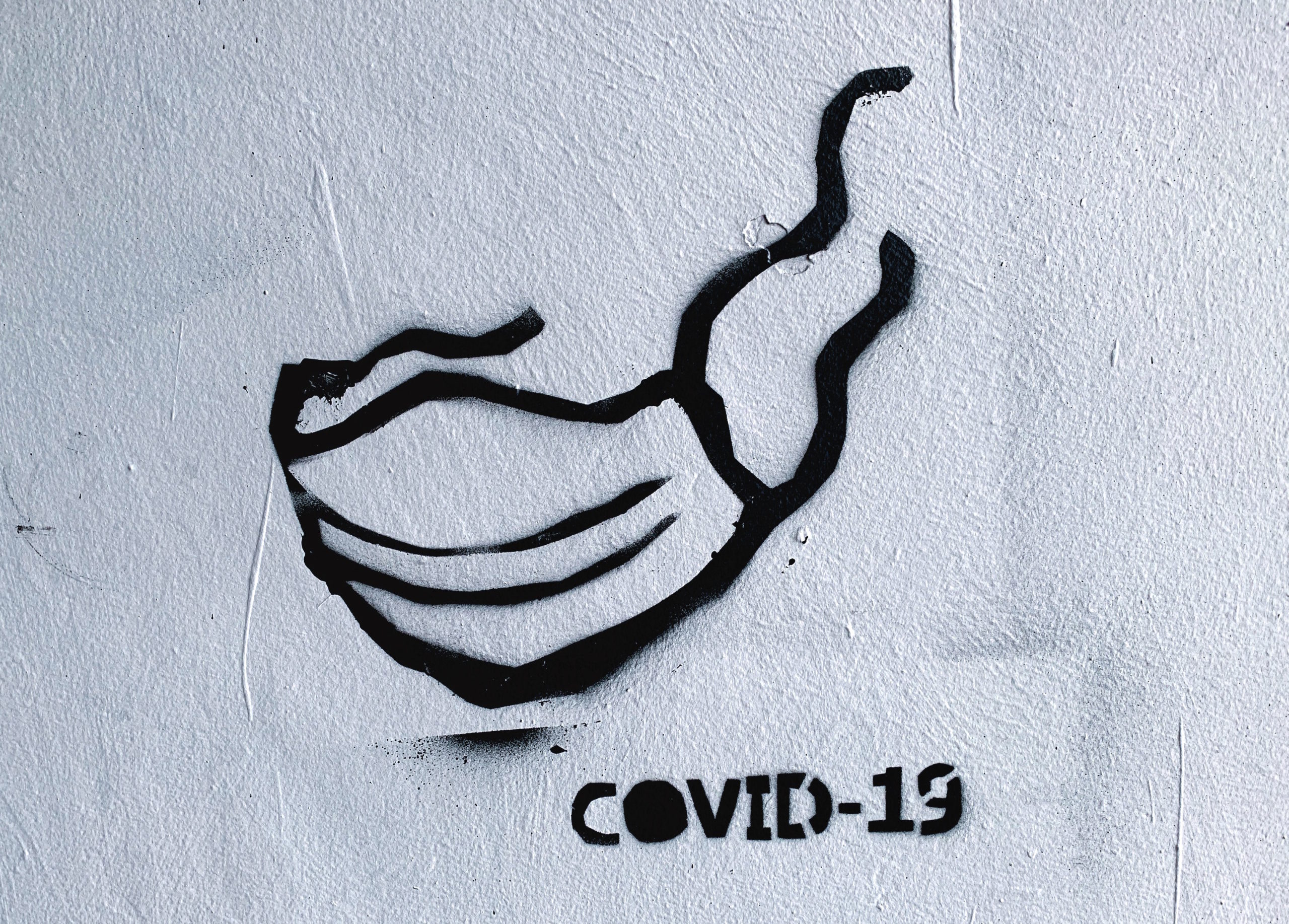Zooming through lockdown
Like half the country, the ACT is back in lockdown and this means that a bunch of my IRL bookish happenings shifted to Zoom. But one that was always intended for Zoom was F*CK COVID: An Online Literary Affair, organised by the dynamic team at the ACT Writers Centre.
Read More »Zooming through lockdown
When the event was first proposed I remember thinking that online probably wasn’t necessary. Melbourne, Sydney and Canberra weren’t in lockdown — oh, how those days seem like a distant dream! But clearly the organisers are fortune tellers and this event ended up being the highlight of my locked-down weekend. Plus every time I typed ‘F*CK COVID’ it was like a fist punch of defiance.
The event sold out in three days. Then more tickets were released, and it quickly sold out again. I was on a panel with Mark Brandi, moderated by Nigel Featherstone, called ‘Hard truths; Risky fiction’, and what an absolute delight it was. Nigel was his usual magnificent and thoughtful self, expertly guiding the conversation, and Mark and I found so many synergies in our work and writing process.












